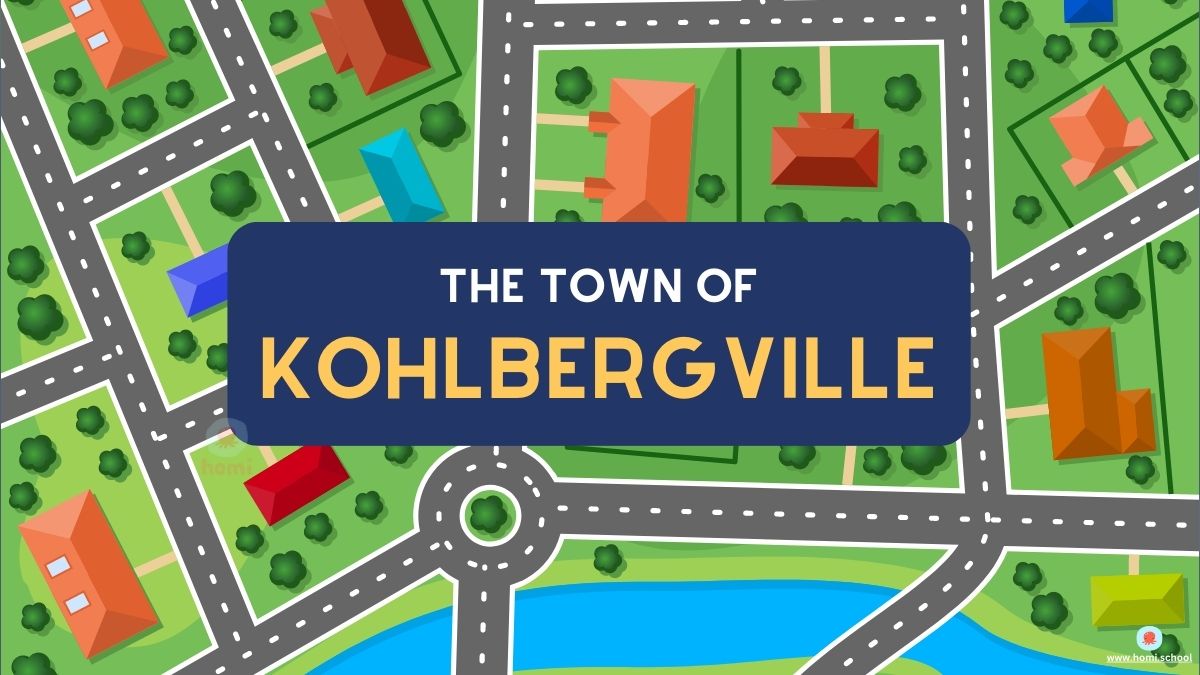Kohlberg's Theory of Moral Development
Having worked in the Ed-Tech industry as an Instructional Designer, I became fascinated and grew curious about the learning process. I enrolled for a highly-rated course on Udemy – “Educational Psychology I” by Daniel Lin.
Kohlberg’s Stages of Moral Development was particularly interesting to me within the subject of Moral Development. I decided to make a homigram for it to learn it with a theme that would help me remember it well!
The Concept
Kohlberg postulates 6 stages of moral development that most people traverse in a fixed order. He further theorizes that moral development aids cognitive development.
Pre-Conventional (Ages 3-7)
Stage 1: Obedience and Punishment
Children lack innate morality and their actions are shaped by the consequences that follow. They aim to avoid punishment by obeying orders.
Stage 2: Individualism and Exchange
At this stage, children grasp the concept of differing perspectives and the need to balance personal interests with those of others. They engage in “fair exchanges”.
Conventional (Ages 8-13)
Stage 3. Developing Good Inter-Personal Relationships
At the ‘good girl-good boy’ stage, children seek social acceptance and strive to meet others’ expectations. They become aware of the consequences of their actions on relationships and aim to be ‘good’.
Stage 4: Maintain Social Order
At this stage, children comprehend the concept of authority and respect it, while striving to maintain social order and considering societal impact in their decision-making.
Post-Conventional (Adult)
Stage 5: Social Contract and Individual Rights
As adults, individuals recognize that laws aim for the greater good but may overlook some societal segments. They start considering the rights and opinions of others alongside the importance of laws.
Stage 6: Universal Ethical Principles
Kohlberg proposed that few individuals attain this advanced stage of moral development, where they prioritize personal beliefs and ethics, even if it contradicts established laws.
The Homigram
I try to think of a concept as a series of events or a story that I’d like to tell myself. This helps me remember the concept better. I used ChatGPT for a few seed ideas, picked one, and then developed the scenarios myself.
The protagonist of my story is a boy, Johnny, whom we see in various situations as he makes his way through Kohlberg’s stages of moral development.











